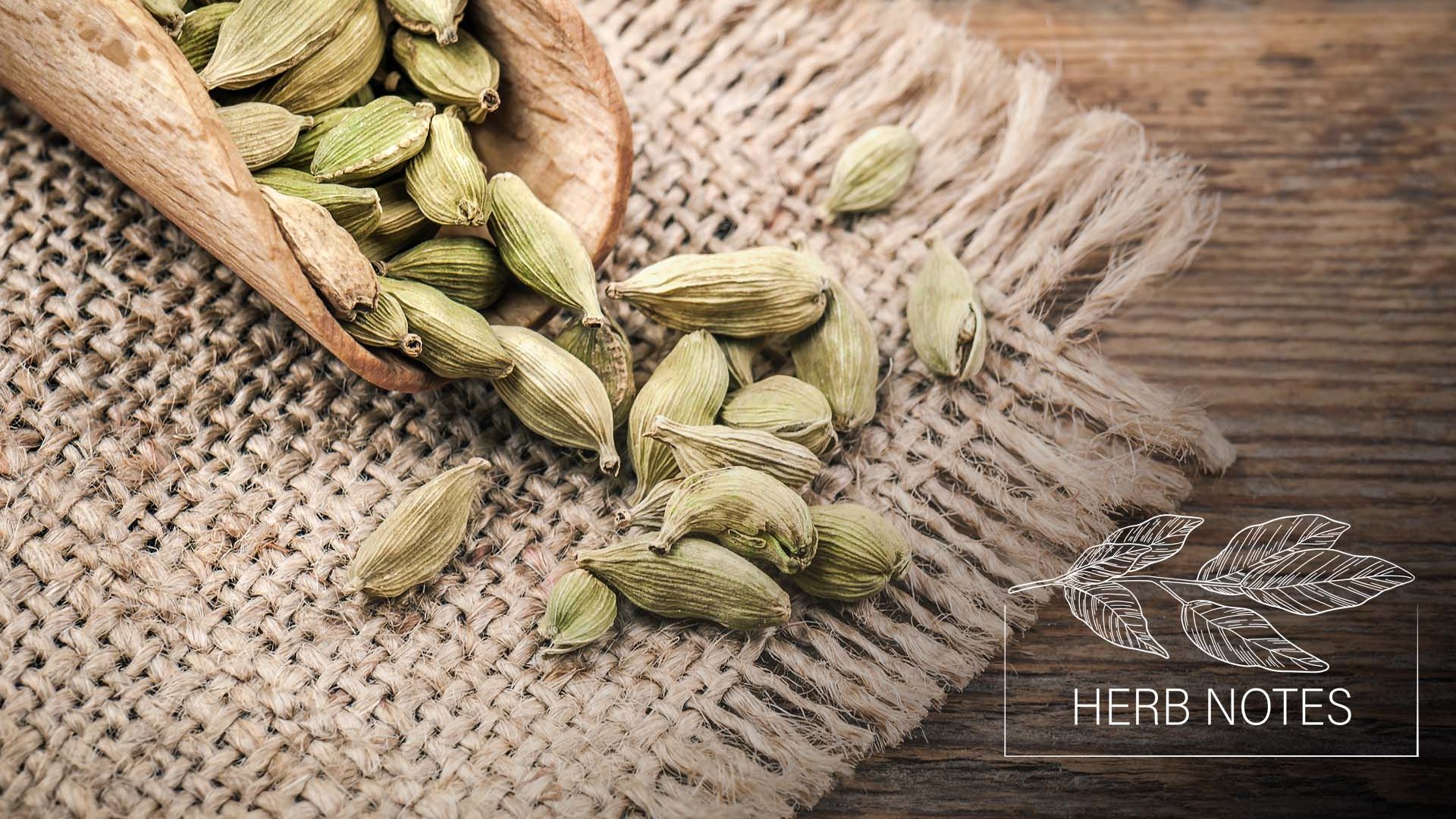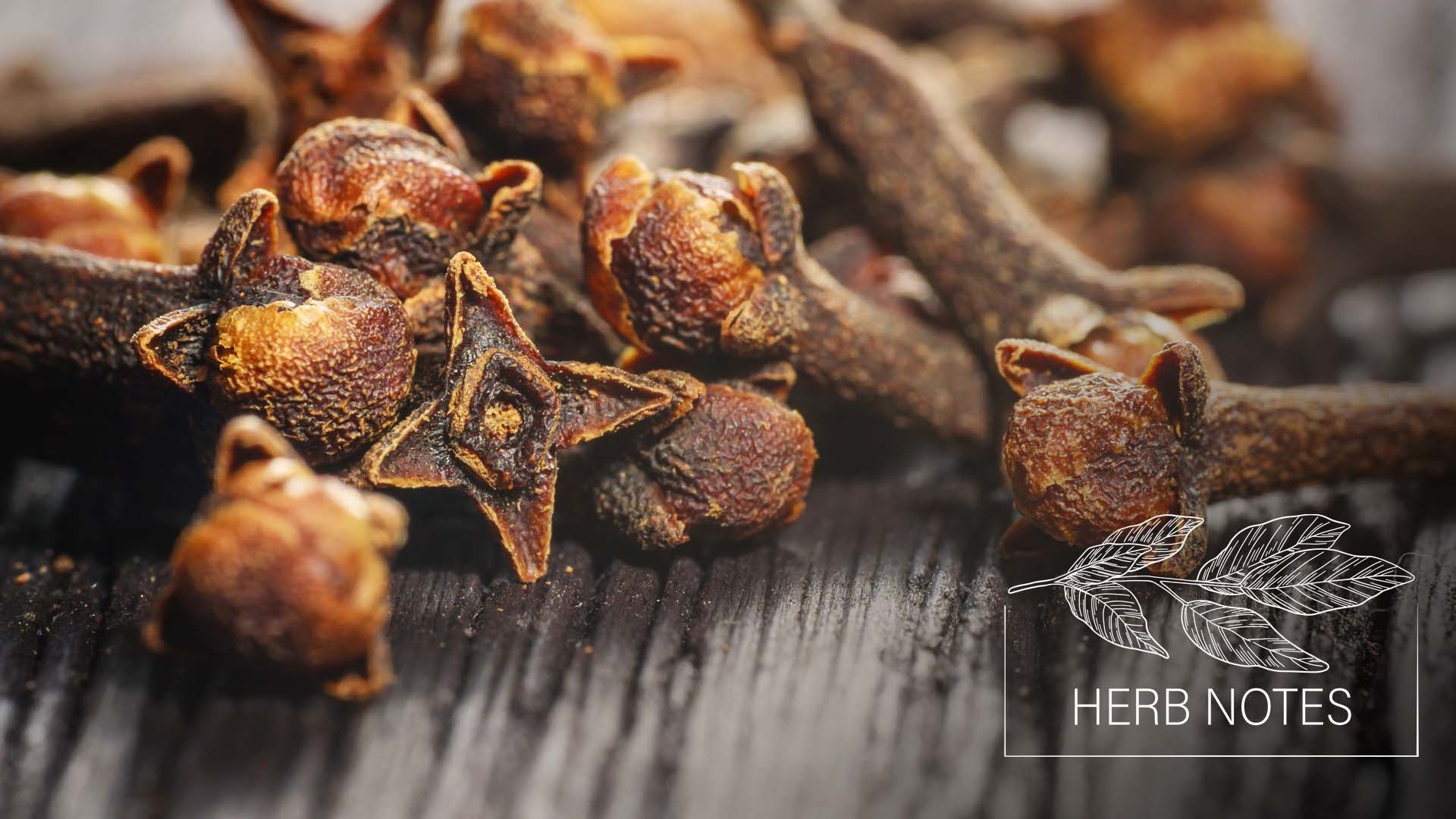
How to Start an Herbal Business
When you’re an herbalist, you often wear many different hats: medicine maker, gardener, practitioner, teacher, and more. If you’re ready to share your herbal skills with your community, business owner might just become another hat you wear.
When it comes to business, it can be hard to know how to get started: the prospect of being a business owner can be intimidating! There's a wide range of logistics and challenges to consider when starting a business. That's why I want to share 5 simple tips with you for starting an herbal business.

1. Get Clear on Your Offering
What offering would you like to share with your community? Maybe you want to teach herbal classes. If so, figure out whether you want these classes to be online or in person and what exactly you want to teach about.
Or perhaps you want to make and sell herbal products. If you want to start an herbal products business, ask yourself what products you want to make and where you want to sell them.
Maybe you’re ready to start your clinical practice; if so, it's time to establish your rates, your location, and what you want to offer in consults.
Getting clarity on what exactly you’re offering will allow you to move with more ease throughout your business journey — and it will make it a whole lot easier for folks to understand exactly what you’re selling.
If you’re excited about herbal product making and want to take your medicine making skills to the next level, check out our medicine making classes on HerbMentor. You can join now for just $1 to learn from beloved teachers like Rosemary Gladstar, Rosalee de la Forêt, jim mcdonald, and more.

2. Keep it Simple
Once you have clarity on what you’re offering, consider starting small and scaling gradually. While you may envision creating a product line with 30 different products, starting with a limited product line (say 5 products max) can help you manage costs and perfect your offerings. As your business grows and you get customer feedback, you can expand your product range.
When you start small, it’s also easier to test the market. Consider selling your products at a local farmers market or through a small retail space to gauge customer interest and gather feedback before scaling up.
Starting small is a more sustainable practice that can also help prevent burnout, which can be a major challenge of running a small business.

3. Understanding Your Finances
As you create your herbal business, it’s important to prioritize financial sustainability. This means fully understanding the costs associated with your business and making sure the price of your services and/or products are high enough so that you can not only cover your costs but also make a profit.
For example, if you’re starting a company that sells tinctures, you’ll need to factor in the following costs:
- The cost of materials (including alcohol, herbs, dropper bottles, packaging, product labels, and shipping)
- The cost of your time to make the tinctures
- The cost of marketing
- The cost of any business permits, food handler’s license, etc.
- The fees of wherever you sell your tinctures
The total of all of these costs will then inform the price of each tincture and your overall financial planning. Financial planning early on will enable you to have a more successful business in the long run.

4. Get to Know Your Local and State Regulations
Especially when it comes to creating homemade herbal products, different states and counties have different regulations for herbal products. Research your local and state regulations to make sure that your products comply with local regulations and guidelines — and always ensure that you’re following good manufacturing practices (GMPs).
This helpful guide from herbalist Juliet Blankespoor offers more insight on the specifics of herbal product regulations.

5. Invest Time in Marketing
Now that you know what your offering is, it’s time to think about marketing. Good marketing can give your product/service more visibility and get your target market more excited about your offerings.
Speaking of target market, one key aspect of good marketing is establishing who your target audience is and crafting your marketing specifically for this niche. By marketing directly to this niche, you’ll bring in the potential customers who are more aligned with your work and stoked about your offerings.
Marketing can take many forms: you can create marketing materials to distribute in-person (like business cards and flyers) or opt for digital marketing. Digital marketing can entail a variety of platforms like social media, emails, your website, YouTube, Google ads, and more. When you’re first getting started, it’s wise to have a website, an email newsletter, and at least one social media channel to help increase brand awareness.

Your Herbal Business Idea
Regardless of what type of business you start, your herbal business idea can be a beautiful offering that serves your herbal community. By following your herbal passion and connecting your community with healing herbs, you can have a positive impact and contribute to a healthier, happier world in your business endeavors!

Do I have to Have an Herbal Business to be a Real Herbalist?
Nope! There are so many different ways to be an herbalist: whether you make money or not within the herb industry, if you like to work with medicinal herbs, then you are an herbalist. Many incredible herbalists identify as family herbalists: supporting their loved ones with herbal medicines. Other folks identify as community herbalists and often offer low or no cost herbal services to support their community.
All of these options are beautiful ways to be an herbalist. If you’re interested in deepening your herbal practice and are wondering what kinds of education you need, you can check out our guide to herbal education. Or if you just want to get started with some beginners herbalism education, you can check out HerbMentor.










